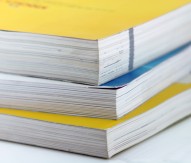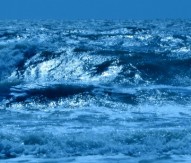
Portuguese scientists discover evolution of E. coli
Three research groups from Portugal’s Instituto Gulbenkian de Ciência (IGC) have revealed how the bacteria Escherichia coli (E. coli), one of the first species to colonise the human gut at birth, adapts and evolves in the mouse intestine.
The researchers, led by Isabel Gordo and part-funded by the European Research Council, have shown that E. coli has different advantageous mutations which can rapidly emerge. Consequently, a large genetic variation in this species is generated over time. The scientist’s results unravelled a layer of complexity of the gut microbiota, which has been unknown so far.
For several years, the evolution of bacteria has been studied in petri dishes, which are highly artificial environments. This study involved evaluating E. coli in its natural environment, namely the gut. They fed mice with E. coli and analysed mice’s faeces for mutations that emerged during bacterial evolution inside the intestine. Their results indicate that many advantageous mutations occur and bacteria carrying different mutations compete for fixation in the gut. The evolution process is the outcome of this continuous competition, and a large diversity of E. coli strains can be observed.
In order to identify the genes important for the adaptation to the gut, the researchers genetically analysed the E. coli strains that emerged. Their results indicated specific genes’ inactivation, allowing bacteria to grow better in the presence of products generated by the host metabolism. The researchers found that despite the high complexity of the natural environment studied – the intestine – the evolutionary process was highly reproducible as the same mutations occurred in populations of E. coli evolving in different mice.
The study was published in the latest issue of the scientific journal PLOS Genetics.




